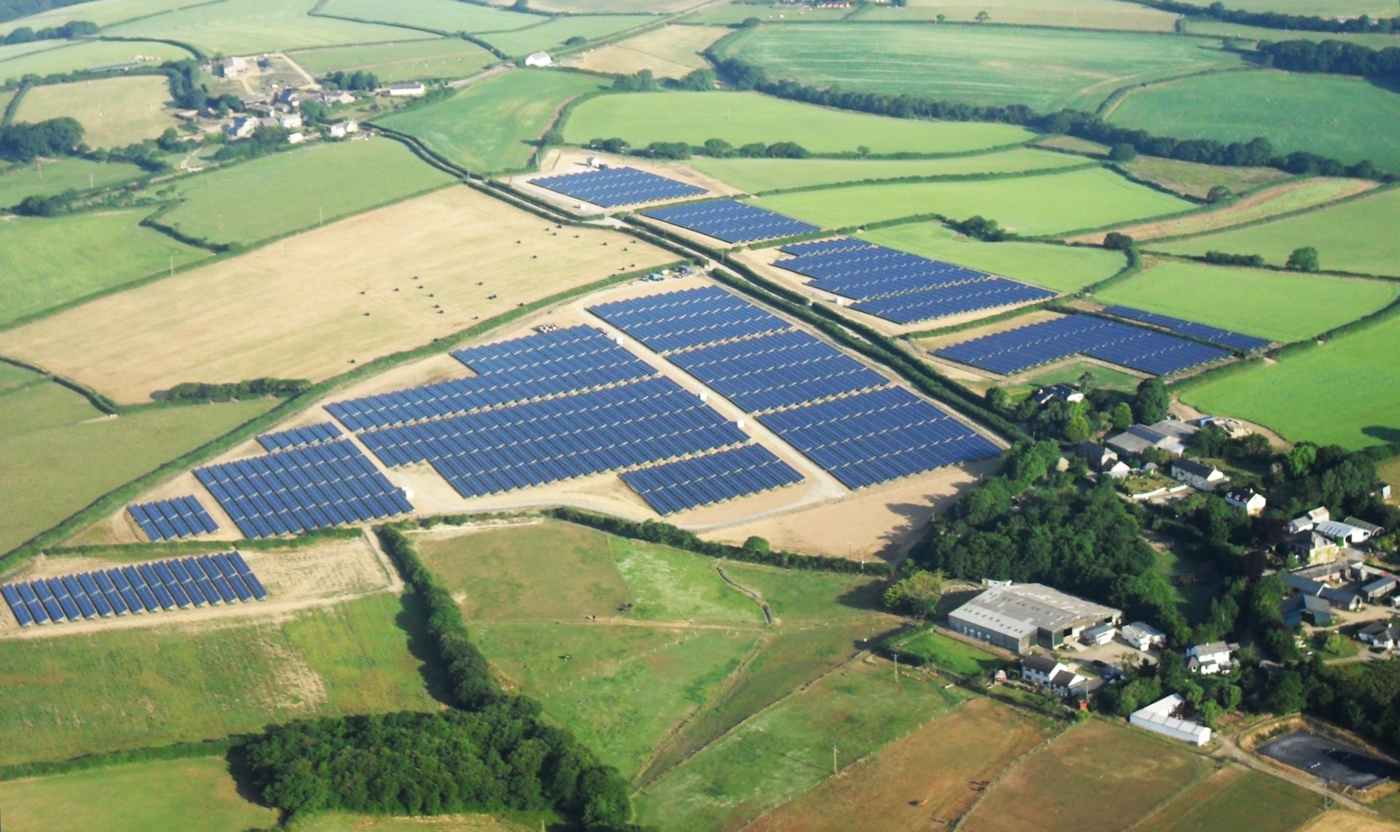
 Use of fossil fuels in the UK one small step closer to extinction
Use of fossil fuels in the UK one small step closer to extinction
Carbon Brief, a website funded by the European Climate Foundation, has just reported that solar panels across the UK generated more electricity than coal right across the last six months of this year.
In the last half year, the UK has had its first ever day, month, and now six-month period where more electricity was generated through the use of solar panels than by coal burning power stations.
April 9th 2016 was the first day that no electricity whatsoever had been produced by burning coal since that fateful day when the first coal burning power station started supplying electricity in 1882.
What must be acknowledged is that roughly 75% of the solar power generated each year is from April to September, which means that in winter both fossil fuel and nuclear power plants are still necessary and in overdrive.
Why is it important?
Burning fossil fuels is one of the leading factors in the accelerated pace of climate change. It is being felt most profoundly in the southern hempisphere where it is damaging eco-systems and bringing longer droughts to already rain-shy parts of the world year upon year.
If you’re not up to speed on the topic, here is the trailer for ‘This Changes Everything’, the documentary based on the award-winning book written by Naomi Klein that accurately cuts through the hype surrounding the climate debate.
If you have time, watch the documentary. Or even better read the book.
Below is a discussion of ‘This Changes Everything’ with The Guardian’s Owen Jones.
What next in the UK?
If not already in progress, UK legislation that enforces the incorporation of solar panels into either the roof or the actual structure of new buildings, in those areas of the UK where solar energy has already proven to be a worthy addition to the local power grid, can only be a logical and prudent course of action.
Setting up government funds to promote local energy ownership projects such as those successfully operating in Denmark and Germany would also be a step in the right direction. Brixton is representing with Brixton Energy having already set up 3 successful solar projects on local council estates as part of the wider Repowering London project.
A steady increase in investment and the further implementation of cost-effective distribution of solar panels across the UK would almost undoubtedly reap rewards for those companies who are ready to be forerunners in the solar power market but, much more importantly, would be of untold benefit to the preservation of the UK environment and the wider global vision for saving the planet from the ravages of climate change.
Last year the UK energy secretary Amber Rudd announced that the aim is to close all unabated coal power plants by 2025. Although it is likely that these will only be replaced by more gas and nuclear plants which, although are slightly less damaging to the environment than coal, still pose an enormous threat whilst still being considered as the best current alternative to coal power plants.
The good news is that results for solar power like we have had this summer, especially if they can be repeated or bettered in coming years, will go a long way to persuading those who control the energy supply to meet demand through the use of more sustainable sources. Couple this with the ongoing research into methods of effectively storing surplus energy and it is more than possible that one day, in the hopefully not too distant future, fossil fuel and nuclear energy will only ever be used as an option of last resort.
It should be considered that although this is a landmark yet small step in the right direction, the solar output generated this summer was only 5.2% of that needed to sustain the UK over the six month period. So if the current or next government can set an acheivable target to increase the number of solar panels year upon year by between 5-10%, in twenty short years the whole of the UK could go green for at least half of the year. Weather permitting.
Another positive for this country's contribution to battling climate change is that the generation of electricity through burning coal and gas has been falling over the last three years, a trend that shows we are moving in the right direction.
Latest BEIS data highlighting significant coal-to-gas switching in UK since 2013.
— Simon Evans (@DrSimEvans) September 29, 2016
Even more interesting: coal+gas total is falling. pic.twitter.com/GHXvTqmLHF
The fight for sustainable energy is just beginning in the UK and just as it was at the forefront of the industrial revolution, the UK should put itself proudly in the driving seat in the race towards a future of clean, sustainable energy.
And how about those wind turbine farms?
I’ve heard it gets pretty gusty in and around the UK.
